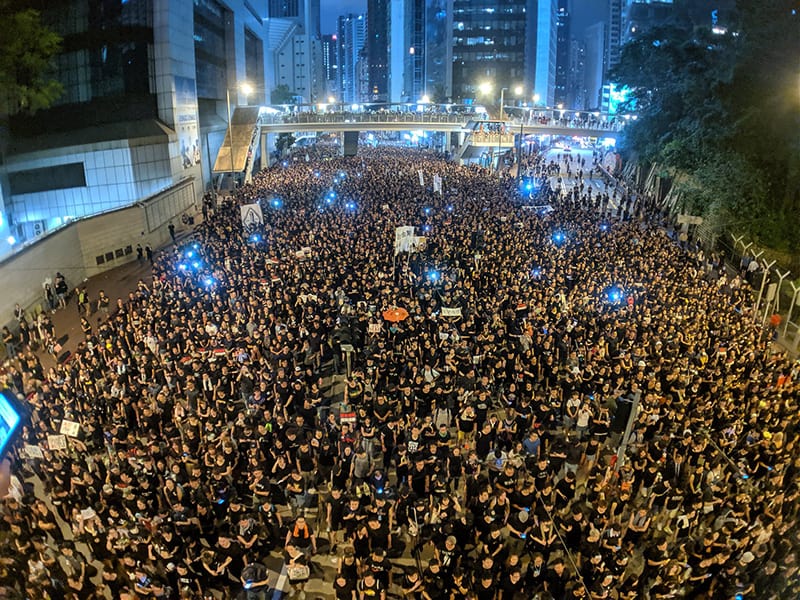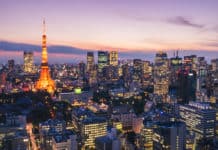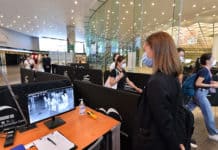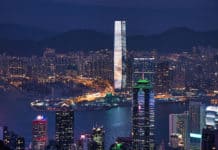
Ongoing protests have thrown a monkey wrench into the carefully laid plans of meeting planners and travelers with business in Hong Kong. Global meeting executives face many challenges when organizing overseas events, but none quite so daunting as the kind of potential political unrest that might threaten a scheduled event and or attendance numbers. According to experts cited in a recent CNN report, Monday’s strikes were the biggest to have rocked the city in decades.
Hong Kong is in its ninth week of consecutive mass protests, disrupting transportation, the retail sector and tourism. Police reported on Tuesday that they fired 800 canisters of teargas during Monday’s protests in an effort to clear demonstrators from at least seven districts across Hong Kong.
Monday’s strike and other non-cooperative activities by protesters disrupted hundreds of flights, and also stopped subways and trains, preventing many residents from going to work, reports Nikkei, Asian Review. The disruption at Hong Kong International Airport, one of the world’s busiest airports, included the cancellation of 224 flights unusually long lines, with air space and runway capacity reduced by 50 percent.
These dramatic and ever-escalating images against Hong Kong-based pro-democracy protesters engaged in street battles with police begs the question: Is it still safe to travel to Hong Kong?
The “vast majority of people taking part in processions do so in a peaceful and orderly manner,” said Jeanne Tam, of the Hong Kong Tourism Commission, in a recent statement. “Processions only affect certain parts of the city for a defined period of time … (and) are publicized well in advance,” she added.
However, according to a CNN report of August 3, several countries, including the UK, Canada, Japan, South Korea ,and the UAE, have issued demonstration alerts to citizens since July.
And according to the Guardian, the Australian Department of Foreign Affairs and Trade just issued its own warning to citizens, saying: “There is a risk of violent confrontation between protesters and police, or criminally linked individuals, particularly at unauthorized protests.”
Australia’s Dfat further states that the protests are expected to continue, have become more unpredictable and strongly recommends its citizens avoid large public gatherings, reminding us that the risks are higher at night and on the weekends.”
The U.S. State department web site warns that the Hong Kong protests have increasingly turned confrontational, with demonstrations spilling over into other neighborhoods, and advises visitors to be wary of large gatherings at various locations throughout Hong Kong. Click here for more information.
All MICE attendees should be advised to visit their own country’s travel advisory web sites for information specific to their own citizenship before travel to Hong Kong.
Meeting planners can help ease some of their attendees concerns by posting travel advisory updates, and keeping attendees abreast of any scheduled local demonstrations, either through the conference website, or social media, such as Twitter.
Visitors to Hong Kong should exhibit the prudence and caution they would use while visiting any large international city, and be prepared for possible flight and other transportation disruptions and other delays.
With world-class facilities and superb connectivity as a transportation hub, Hong Kong is widely considered the number one city in Asia for its sophistication, access, and choice. With more than 50 venues in various sizes available in Hong Kong for exhibitions and conventions, it’s no surprise Hong Kong was crowned “World’s Leading Business Travel Destination” and “Asia’s Leading Meetings & Conference Destination” in the World Travel Awards of 2018, World Travel Awards of 2018. For tips on what to do if there are protesters at your meeting, click here.










